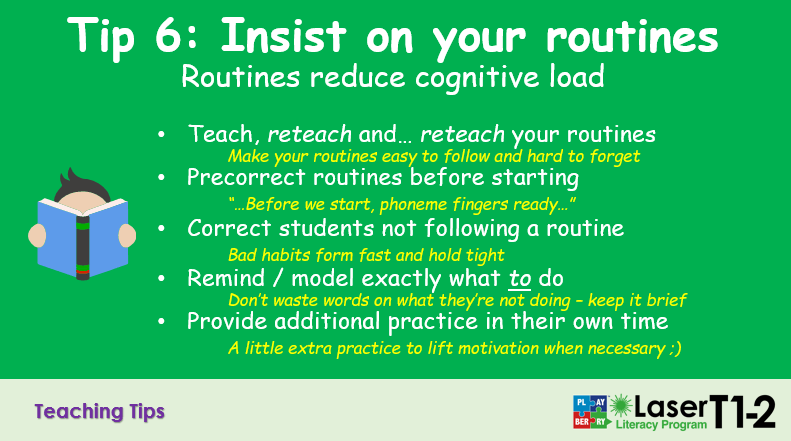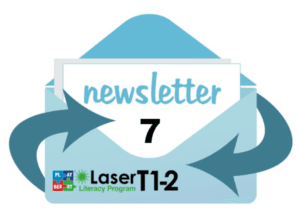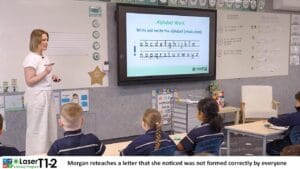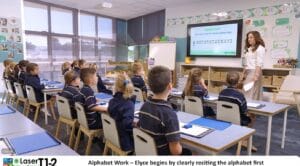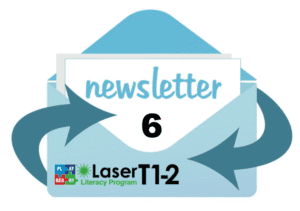
Bill Hansberry
Co-Director Playberry Laser
Attention please!
The Science of Learning, including the Science of Reading, has us contemplating some inescapable truths about how all students learn. We’re being reminded of the importance of attention. Yes, attention is the absolute number one, non-negotiable factor that determines what gets processed in working memory. Without student attention, you don’t even get out of the blocks as a teacher. Without attention, it’s game over before you begin.
Behaviour standards in schools are being highlighted in Australia as one factor contributing to poor educational outcomes. Disruptive behaviour is diabolical to student learning outcomes, not only for the misbehaving student but for everyone in their orbit. It breaks teaching and learning – always has, always will.
My career has involved advocating for students who find themselves in situations where disruptive behaviour has become part of their belonging repertoire. Those kids who have given up on getting their social recognition needs met through behaviour that is good for them and for others. I’ve also worked and advocated for students who misbehave for other reasons such as complexities wrapped up in Autism Spectrum Disorder, Disorganised attachment and trauma and, of course, those kids who just hate school because being not able to read and spell well enough serves up constant moments of shame and humiliation they’d do ANYTHING to avoid.
I feel deeply for these kids and their parents because having a kid who plays up at school is a special brand of humiliation that hacks at your core. I also deeply feel for teachers and leaders exhausted by disruptive student behaviour. Many tell me that they can address the behaviour; it’s just the defensive/aggressive parents who keep them up at night. However you look at it, we’d all agree that calm and orderly classrooms are the goal.
The Science of Reading, Explicit Teaching and Routines
I have to say, hand on heart, that I have never seen more orderly and productive classrooms than in schools that have embraced the Science of Reading. The best behavioural intervention you can provide is teachers who teach expertly and set up tight and consistent learning routines. I have been in classrooms from right across the socio-economic divide and have seen students from some of Australia’s least advantaged postcodes outperform leafy green suburbs in growth data. The Science of Reading is, by far, the best thing that has happened to Australian students. It is Social Justice 101.
What’s this got to do with Playberry Laser?
We’ve already started giving teacher tips (some are below), but we’ll need to do more. We will release some resources to help teachers and leaders manage behaviour more effectively. Our suggested approaches won’t please everyone, but they are not revolutionary; they are best practice in behaviour management.
Structured literacy lessons are important and orderly. Because they are highly interactive, students have nowhere to hide; participation is mandatory, and students who do not follow routines stand out. Highly disruptive behaviours cannot be allowed to break these lessons under any circumstances.
Phase One Teachers are doing the heavy lifting.
Students who are new to school have a big task ahead of them, and so do their teachers. Many teachers lovingly call this ‘puppy training’ because these kiddies come from a range of previous experiences, some sometimes having no idea how to deal with the strange environment called a classroom. They quickly have to learn to sit still for extended periods, speak only at certain times, go to the toilet like a big kid and share resources. On top of that, they must learn to pay attention to and learn! The routines of a structured literacy lesson are a big ask, but we must bring students up to the demands of the task.
Reading the Teacher Manual is essential to get better acquainted with the teaching and learning routines. Additionally, we’ve put this video together for phase one teachers as advice on setting and insisting on routines. However, the steps for building routines apply to us all.
We hope it has some helpful ideas.

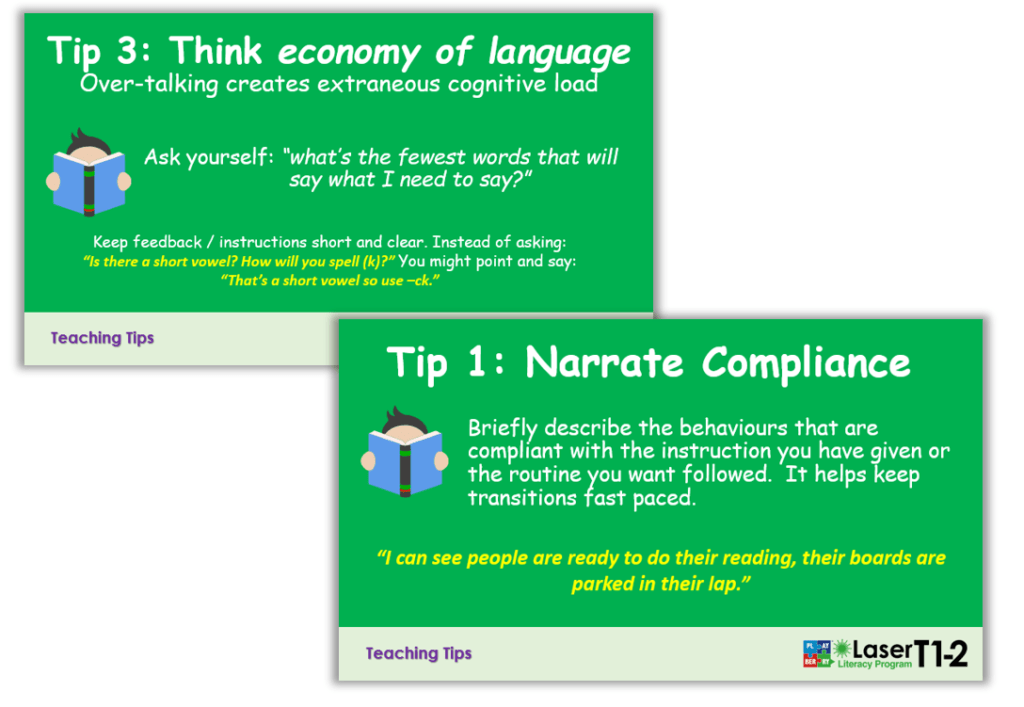
Playberry Laser T1-2 is a teacher-supportive multisensory literacy resource for primary teachers to support their teaching in line with research. We’ve taken the planning and resource design load to free teachers to focus on building content knowledge and sharpening their delivery in line with Rosenshine’s Principles of Instruction.

